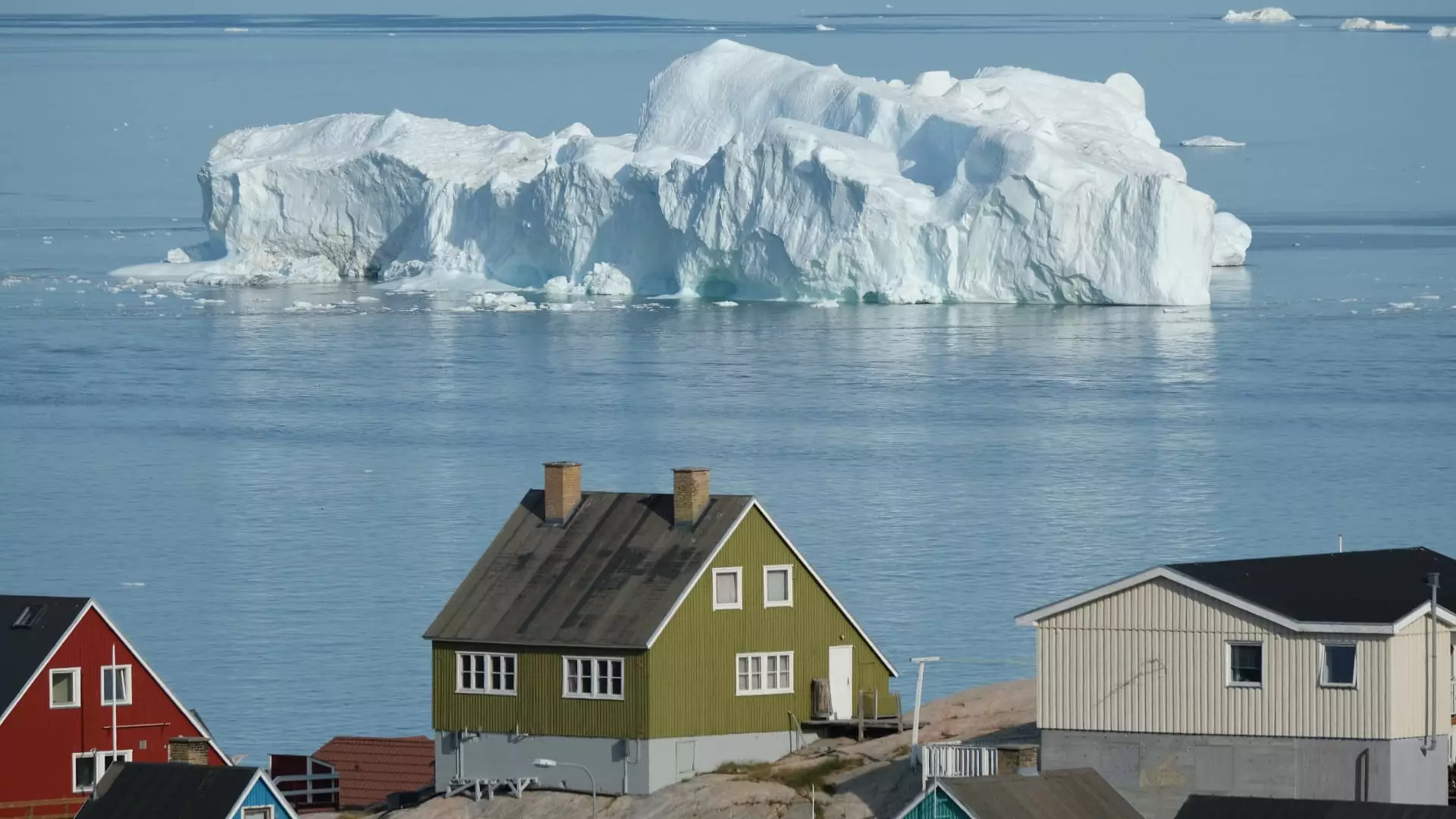The conversation around Greenland’s future has reignited in recent years, notably under President Donald Trump’s administration. His interest in acquiring the semi-autonomous territory from Denmark was not merely a whimsical notion; it reflects a deeper strategic calculation in the context of global power dynamics. Trump’s remarks hint at a willingness to employ various tactics, including military or economic pressure, to assert American control over Greenland. This ambition underscores the significance of the region as an emerging geopolitical arena.
However, the United States is not alone in its aspirations for Greenland. In 2018, a noteworthy development occurred when a Chinese state-owned enterprise expressed interest in investing in Greenland’s airport infrastructure, offering around $550 million. Although this bid was retracted, it highlights China’s strategic focus on expanding its presence in the Arctic, an area deemed crucial due to its rapidly changing political landscape. Furthermore, Russia has been progressively revitalizing its military foothold in the Arctic, reactivating old Soviet bases to extend its influence, a move that poses direct challenges to U.S. interests in the region.
Kalus Dodds, a professor at Royal Holloway, University of London, articulates the strategic essence of Greenland, labeling it as “ground zero” in the Arctic’s geopolitical evolution. The territory’s geographical location plays a pivotal role in the U.S. military’s ballistic missile defense system, particularly in light of China’s expanding missile capabilities. Experts, like Brent Sadler from the Heritage Foundation, emphasize that as China’s intercontinental ballistic missile (ICBM) arsenal continues to grow, Greenland’s strategic significance is magnified. Control of the region could potentially provide the U.S. with crucial vantage points in monitoring military movements.
Beyond military interests, Greenland offers economic incentives that cannot be overlooked. The Arctic shipping routes are increasingly becoming strategic corridors for global trade. A report by the Arctic Council noted a remarkable 37% surge in shipping activity along these routes from 2013 to 2023. This phenomenal rise enhances the allure of Greenland for commercial interests, especially with China’s ambitious “Polar Silk Road” initiative aiming to connect Europe and Asia via Arctic navigation. Such initiatives underscore the economic stakes involved, where transit routes might unlock new markets and resources previously inaccessible due to ice coverage.
As the geopolitical climate continues to evolve, the fate of Greenland remains uncertain amidst the mounting pressures from global powers. The interactions in the icy north set the stage for a contest of influence shaped by military capabilities, economic interests, and strategic partnerships. With its geographical advantages and rich natural resources, Greenland stands at the nexus of international relations. The landscape of the Arctic is changing, and how allied nations navigate these transformations will define the future trajectory of both Greenland and broader global diplomacy. The rising significance of this territory signals an era where Arctic politics could reshape global strategy for decades to come.

Leave a Reply